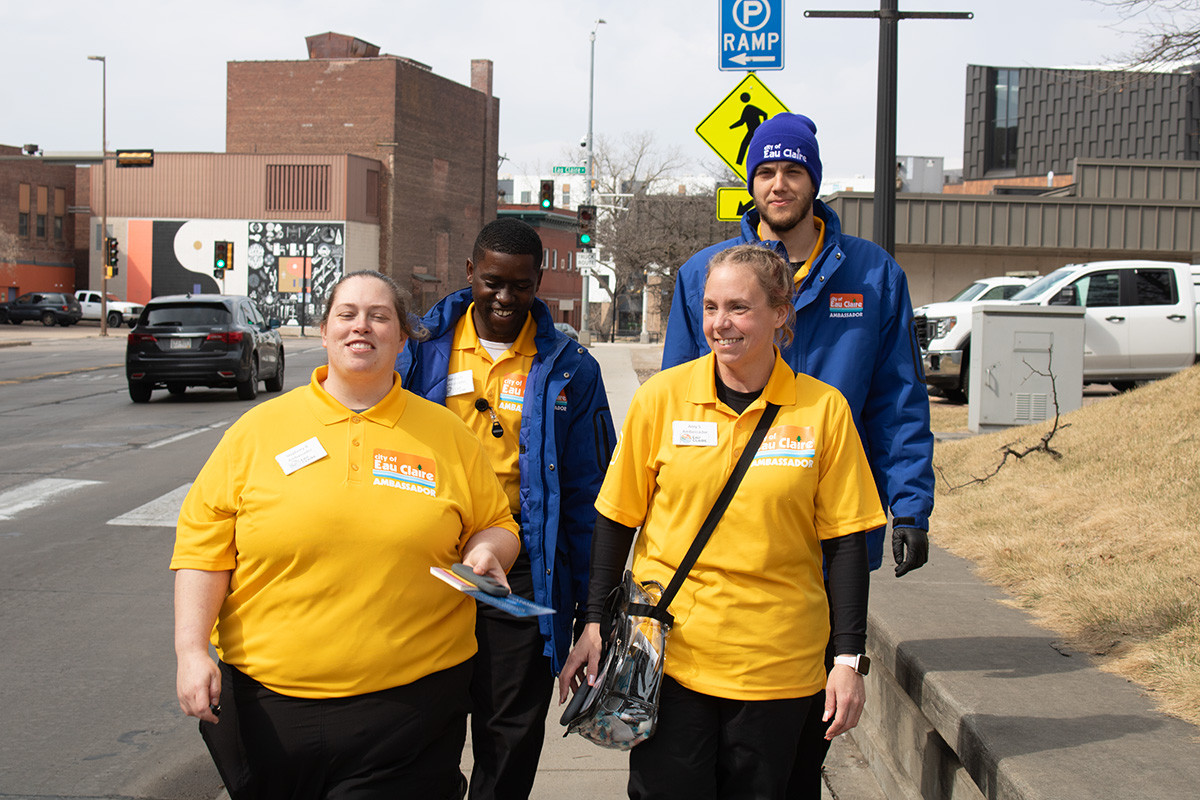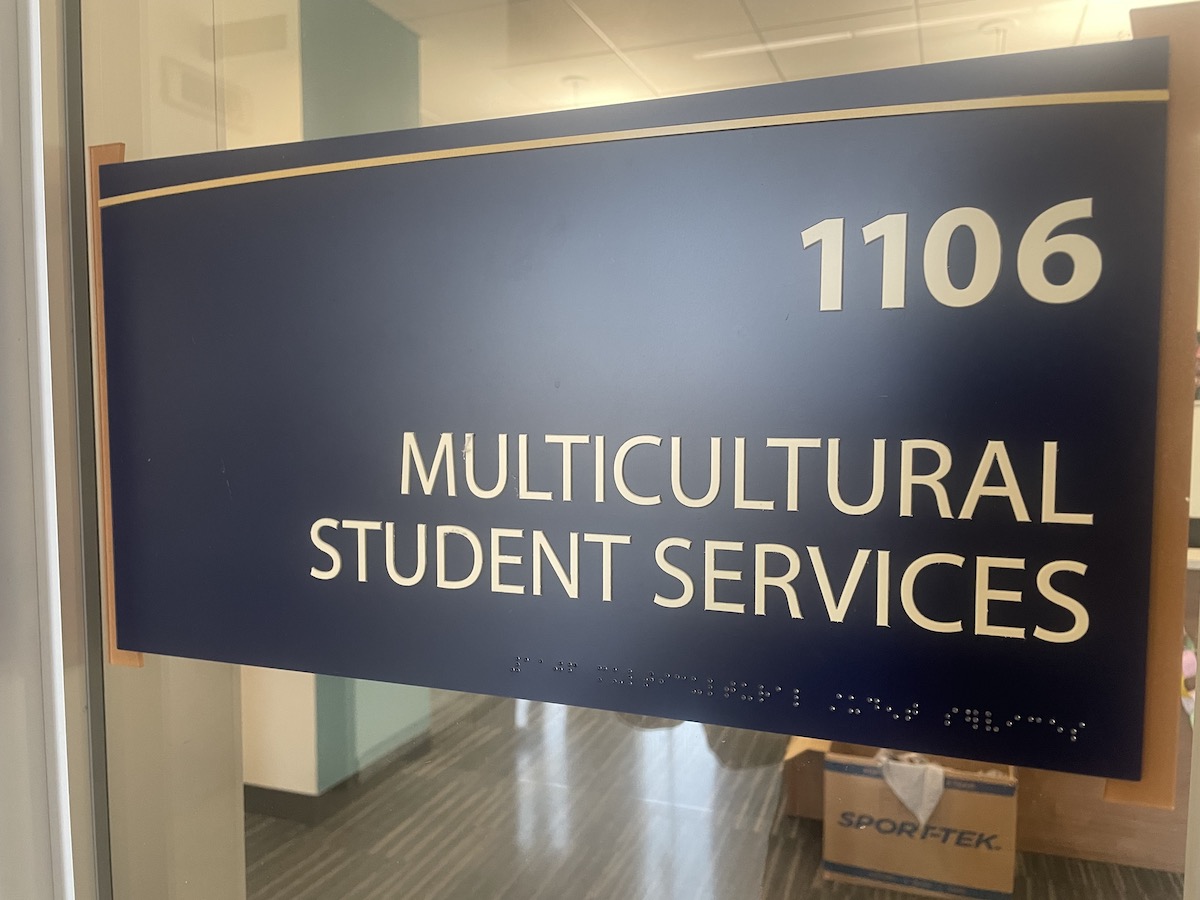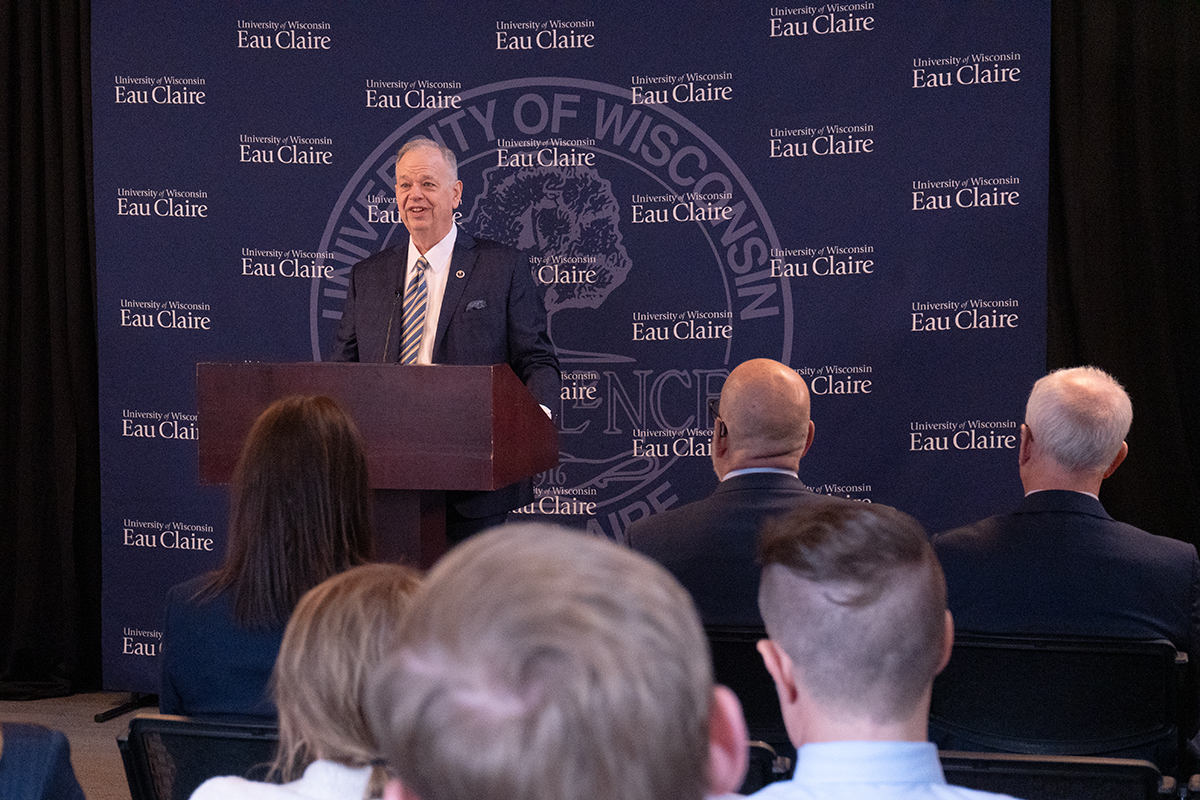Senior Matthew White is one of the 6.6 percent of eligible voters in student residential areas who participated in the recent County Board and City Council elections.
“I vote in every election,” White said. “Local politics moves slower and is on a smaller scale, but when issues do come up, it’s going to affect the community in a big way.”
However, senior Krista Ussery seemed to speak to the feeling of the vast majority of UW-Eau Claire students when she said local politics don’t really seem to affect her.
Besides, she added, she doesn’t have time to become informed enough to cast a ballot.
Geoff Peterson, a political science professor and an expert in voting behavior, said the general feeling in communities across the nation is that local politics aren’t very important. But he cited several examples when government at the community level does influence residents, including property taxes.
Even though most Eau Claire students don’t pay property taxes directly, what they don’t realize is that when property taxes go up, their rent goes up, Peterson said.
White thought other issues should have generated more interest in the last election such as the prison expansion project and tax cap. He said many students thought a tax cap would set a limit on tuition.
Professor of political science Rodd Freitag said Eau Claire students are a transient population, and most don’t stay in the area after graduation, so it’s understandable that they are less likely to vote than someone who has a home in town and kids in the school district.
He also said the absence of political parties in local elections take away from the interest generated.
Peterson added that political parties tend to mobilize voters, so the absence of polarized stances in local politics takes away from the voter turnout.
“It makes deciphering issues much more difficult,” Freitag said, adding national races also are more visible because of the magnitude of news coverage.
White said the amount of student media exposure on elections should be increased so students are more informed about the issues affecting them, adding that The Spectator didn’t put election news on the front page, and the Flip Side only partially covered the various candidates.
Ussery said the amount of advertising done for elections makes a big difference. She said she voted in the Homecoming election because the candidates were relatable to students and did a great job of getting their names out there. She said she saw very little advertising for the local election.
Senior Kelly Bender agreed that the lack of campaign effort on the part of local politicians keeps many people away from the polls. If they don’t know about the issues like they do during national races, they aren’t going to vote, she said.
However, White said that’s an attitude that should change.
“Local politics is pretty darn important,” White said. “I think a lot of students don’t understand that local politics is where we, as students, have the most voice and can make the most change happen.”







